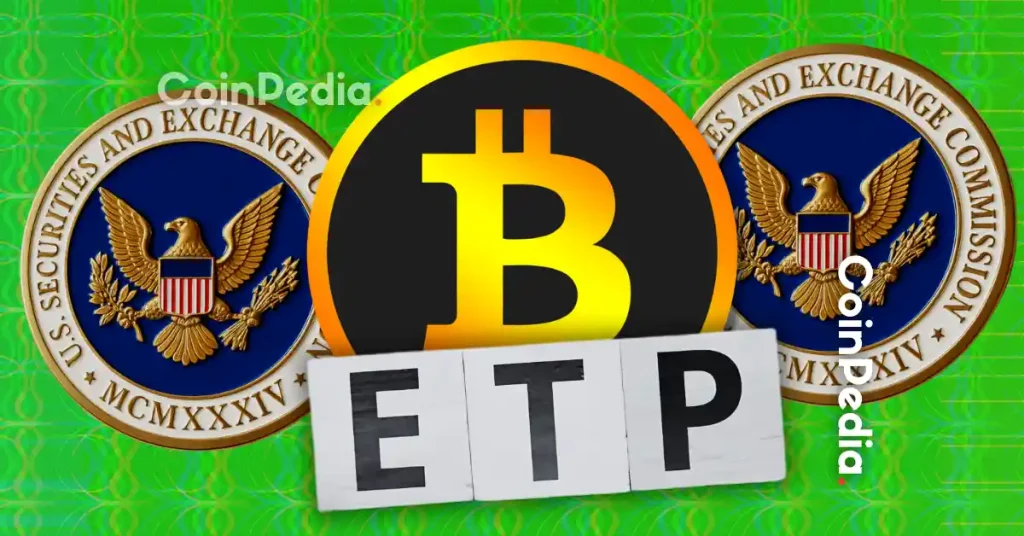Zero Knowledge Proof: A Quantum-Proof Future Your Grandchildren Can Trust.
The digital world is built on encryption, a shield that protects everything from financial transactions to private data. But a new technological horizon is approaching: quantum computing. These powerful machines are expected to break the cryptographic standards that secure most of today’s blockchains, potentially rendering them obsolete and insecure overnight.
This isn’t a distant problem; it’s a foundational challenge for any project planning for long-term survival. One project, Zero Knowledge Proof, is addressing this threat head-on, not as an afterthought, but as a core component of its architecture. It’s a design choice focused squarely on building a network that can endure.
Understanding the Quantum Challenge
The security of nearly every blockchain today relies on mathematical problems that are too difficult for current computers to solve. This is how they protect your assets and transaction data. However, the development of quantum computers introduces a new paradigm. These machines operate on different principles, allowing them to solve certain types of problems exponentially faster.
- Current Vulnerability: Existing networks use encryption that is susceptible to quantum algorithms.
- The Threat: A future quantum computer could potentially break private keys, allowing for the theft of funds and the rewriting of transactions.
- Long-Term Risk: Any digital asset or sensitive record stored on a non-resistant chain is at risk of future exposure.
This creates a significant vulnerability for any project intended to have lasting value. Any blockchain that fails to prepare for this shift risks its entire security model being invalidated.
A Future-Proof Solution: zk-STARKs
Zero Knowledge Proof (ZKP) confronts the quantum challenge directly by integrating a specific type of cryptography into its core protocol: zk-STARKs. Unlike more common cryptographic methods, zk-STARKs are built on mathematical principles not known to be vulnerable to quantum computing attacks. This provides a powerful defense against tomorrow’s threats. By choosing this technology, the project isn’t just applying a patch; it’s building its foundation with quantum resilience from the start. This core feature is designed to keep the network’s integrity intact as computing power advances. The project’s documentation confirms this integration of zk-STARKs is key to its security framework, offering a transparent and scalable solution designed for longevity in a world where technology is constantly advancing. This makes the system secure not just for today, but for decades.
Real-World Security for Decades to Come
The implications of a quantum-resistant blockchain extend far beyond just securing crypto assets. This technology offers a solution for sectors where long-term data security is non-negotiable. Imagine sensitive information that must remain confidential for 30, 50, or even 100 years. The Zero Knowledge Proof network is being constructed to serve precisely these needs.
- Healthcare: Hospitals could store patient records, ensuring that private medical histories cannot be decrypted by future technological breakthroughs.
- Government: National archives and sensitive state communications could be secured for generations.
- Corporations: Valuable intellectual property and trade secrets could be protected from future corporate espionage.
By providing a platform where data is shielded against future threats, Zero Knowledge Proof offers a level of assurance that is simply unavailable on most current blockchains. It is about creating a permanent, trustworthy digital vault for the world’s most critical information.

Investing in Stability: The Quantum-Proof Advantage
When evaluating a blockchain project, the underlying technology speaks volumes about its long-term vision. Many projects are built to capitalize on current trends, but few are architected to withstand fundamental technological shifts. The decision by Zero Knowledge Proof to build with post-quantum readiness is a clear signal of its commitment to endurance. This approach prioritizes long-term stability over short-term hype. For participants in the ecosystem, this translates to a more resilient foundation. It suggests the network is not designed for fleeting success but as permanent digital infrastructure. This focus on durability and future security is a core element of its design, distinguishing it from platforms that may require risky upgrades to address quantum threats later. It’s a philosophy of building it right, from the start.
Securing the Quantum Age: A Blueprint for the Next Digital Frontier
In a space defined by rapid change, planning for the distant future is what separates enduring projects from temporary ones. Zero Knowledge Proof is positioning itself as a platform built for that long-term horizon. By integrating quantum-resistant cryptography like zk-STARKs at its core, it addresses one of the most significant future threats to the entire blockchain industry. This isn’t merely a feature; it’s a foundational promise of longevity and security. As the world moves closer to the quantum era, the need for networks designed with this foresight will become increasingly critical. The project’s architecture represents a forward-thinking blueprint for building a truly sustainable and secure decentralized future.
Find Out More about Zero Knowledge Proof: Website: https://zkp.com/
This article is not intended as financial advice. Educational purposes only.
You May Also Like

House Judiciary Rejects Vote To Subpoena Banks CEOs For Epstein Case

Pi Network Price Prediction; PI Coin Set For A Breakout As Investors Searching For The Next 100x Crypto Buy LBRETT
